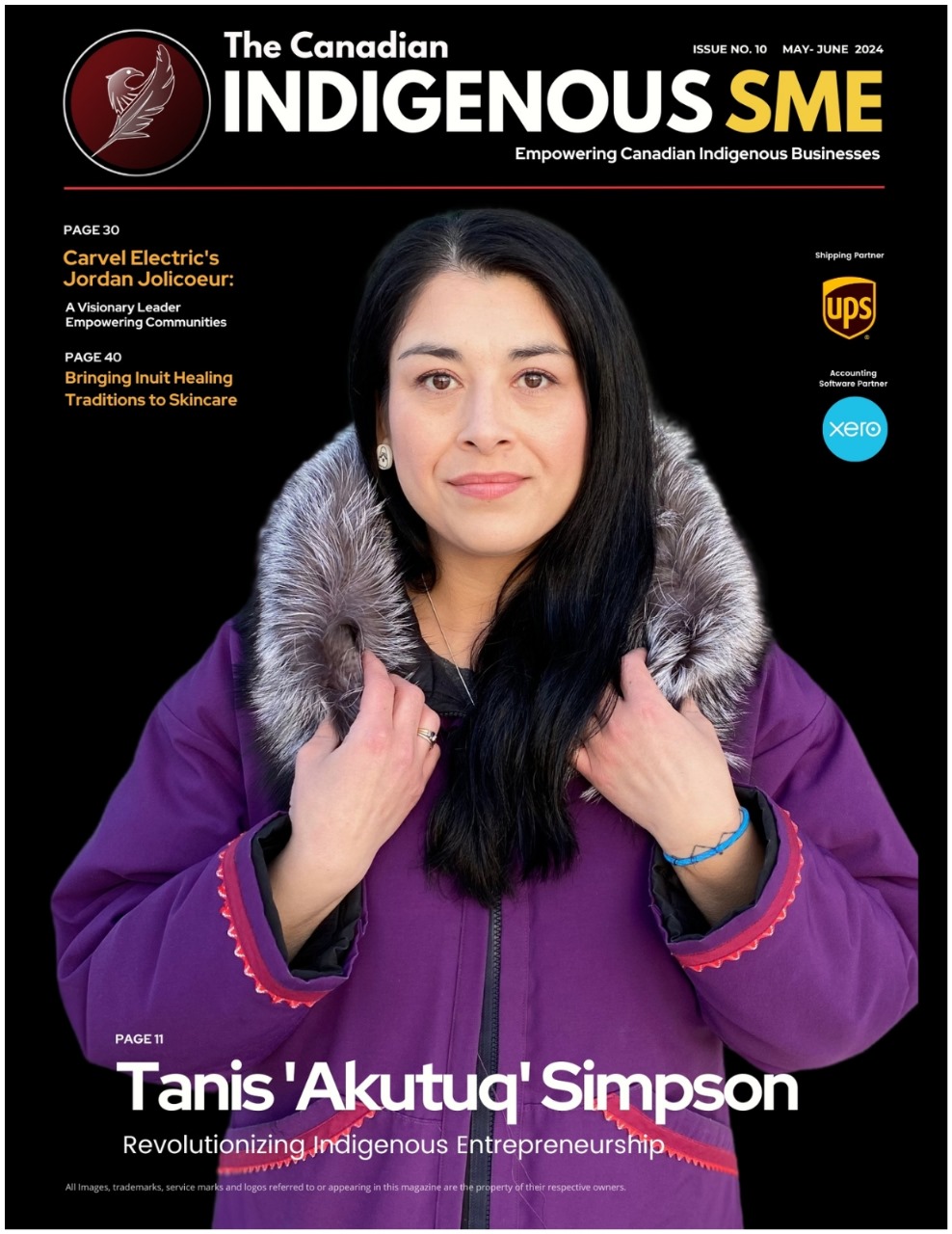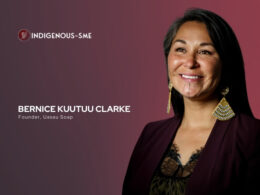Joe Solly, National Consumer Sustainability Leader at Deloitte Canada, recently spoke to CanadianSME Small Business Magazine about his professional role and Deloitte’s recent sustainability report. He spotlighted the disconnect between consumers and brands over sustainable products, noting a trust deficit due to confusion surrounding sustainability claims. In the interview, Joe detailed the report’s recommendations for companies to circumvent greenwashing risks and stressed the importance of leveraging brand trust to enhance product authenticity. He suggested effective methods for businesses to articulate the value of sustainable products to consumers, and shared strategies for navigating the potential risk of greenwashing accusations, a concern for 41% of Canadian businesses pursuing sustainability goals.
Joe Solly is a partner with Deloitte’s Risk Advisory practice and is also the national consumer leader of the Sustainability and Climate Change practice. Joe provides strategic advisory, consulting, risk assessment / management to clients to review and solve complex problems in business processes including environment, health, safety, sustainability & climate change, circular economy, sustainable products, quality management, and general operations.
When did you start your journey? And what are your responsibilities as a partner, risk advisory, and national consumer leader for sustainability and climate change at Deloitte Canada?
My journey began when I enrolled in the inaugural Environmental Studies program at York University and then took on roles in automotive, consulting and retail industries. My current role is to advise and provide solutions to clients on complex problems as it relates to business processes including environment, climate change, circular economy, sustainable products, complex climate modeling and reporting.
Can you elaborate on the key findings of Deloitte Canada’s report, particularly on the disconnect between consumers and brands regarding sustainable products?
Our first annual consumer sustainability study reveals that there is a major disconnect between how consumers and brands regard sustainability in products and services. From the survey, we learned that almost half of Canadians (49 per cent) are skeptical about the authenticity of brands’ claims. Even more surprising, we found out that business leaders think the public has a significant (71 per cent) or at least moderate (28 per cent) level of trust in the authenticity of those claims. Acknowledging and closing this perception gap with authenticity represents a significant opportunity for companies, especially with more rigorous regulations about sustainability claims on the horizon. It’s also a chance for companies to get ahead in the marketplace.
The report suggests a majority of Canadian consumers feel confused and untrusting when it comes to sustainability claims made by brands. What factors, according to your research, contribute to this trust deficit?
The report reveals that 57 per cent of consumers don’t believe most “green” or sustainability claims brands make. Only about a quarter (26 per cent) of Canadian consumers feel trusting and tend to believe sustainability claims. This lack of confidence is also reflected in how consumers value sustainable products, with nearly half (46 per cent) not willing to pay extra for sustainable products because of how hard it is to identify those that are genuinely sustainable.
The root problem is one of lack of trust. With a proliferation of sustainability claims in the marketplace and no established system to ensure clear and trusted standards, consumers are at a loss and the burden has been put on them to make sense of it all. We think there is a huge opportunity for proactive brand actions, combined with stronger policy, to elevate practices and level the playing field around sustainability claims. If you think about how nutrition labels helped to clarify consumers’ expectations. We need to work towards an equally effective mechanism with regard to sustainability to help companies aim for specific standards, drive concrete gains for the health of our planet, and empower consumers with clear information.
What advice does the report provide for companies to avoid the risks associated with greenwashing accusations?
Greenwashing occurs when claims are unsubstantiated, overblown, lack pertinence, or appear as self-serving as opposed to genuinely intended for the good of the planet. If businesses want to avoid greenwashing accusations and risk jeopardizing their reputations, they need to ensure they can back up what they’re telling consumers and demonstrate that they are authentic about their commitment. Not doing so only widens the confidence gap with consumers.
What according to you are the effective ways through which businesses can leverage their purpose and brand trust to enhance the authenticity of their sustainable products?
We propose six initial actions businesses can take to build trust and address consumers’ sustainability skepticism. To foster trust in their commitment to sustainability, demonstrate the authenticity of their products’ sustainability, and help consumers make more sustainable purchase decisions, companies can start by:
- Clarifying their purpose, which should be grounded in transparency, sustainability principles, and values.
- Engaging consumers on sustainability efforts at both the product and brand level, as opposed to only at the product level or at the point of sale.
- Identifying the product attributes that can have an environmental or social impact across the product’s full life cycle and identifying practical solutions to improve them.
- Creating a strategy to incorporate sustainable sourcing into the supply chain, taking into account traceability and verification.
- Creating a marketing strategy to promote sustainable products, explain the facts backing the claims, and communicate the company’s sustainability commitments.

Given that 46 per cent of consumers are not willing to pay extra for sustainable products due to a lack of clarity, trustworthiness, and authenticity, how can businesses effectively communicate the value of their sustainable products to consumers?
Consumers tell us they expect sustainable products and are willing to pay for those options – but only if there is validated, authentic value. To earn consumer trust and justify higher product value for sustainable options, companies need to take a close look at their claims.
The most credible sustainability claims commonly include the following attributes:

- They’re clear and address known environmental and social issues across the value chain of a product.
- They’re rooted in a standard or body of requirements backed by science, such as a life cycle assessment, or in global climate science.
- They align with regulatory requirements and require evidence of compliance with applicable laws.
- They include data verification at multiple levels of the supply chain.
- They’re endorsed by a leading climate-focused entity, such as a non-governmental organization.
- They’re regularly reassessed and refined—companies must undergo formal assessment and evaluation to obtain some form of assurance or certification.
How can businesses navigate the perceived risk of greenwashing accusations, considering 41 per cent of Canadian businesses feel at risk when pursuing sustainability goals?
Consumers are increasingly worried about the prevalence of greenwashing in the marketplace, primarily because sustainability and green claims can be so easily made by brands – sometimes without validation. The rise of greenwashing has led to a sense of skepticism among consumers. The number one step to counter this phenomenon is for brands to be authentic about their sustainability journey. Companies that are isolating sustainability to a single product or initiative are making a good step forward. However, the strongest position for companies to be in is when sustainability is holistically embedded as part of the company’s purpose, when it is integrated into the complete value chain, and when efforts are clearly communicated to consumers. It’s when companies think they can “sell sustainability“ that greenwashing risks arise.







